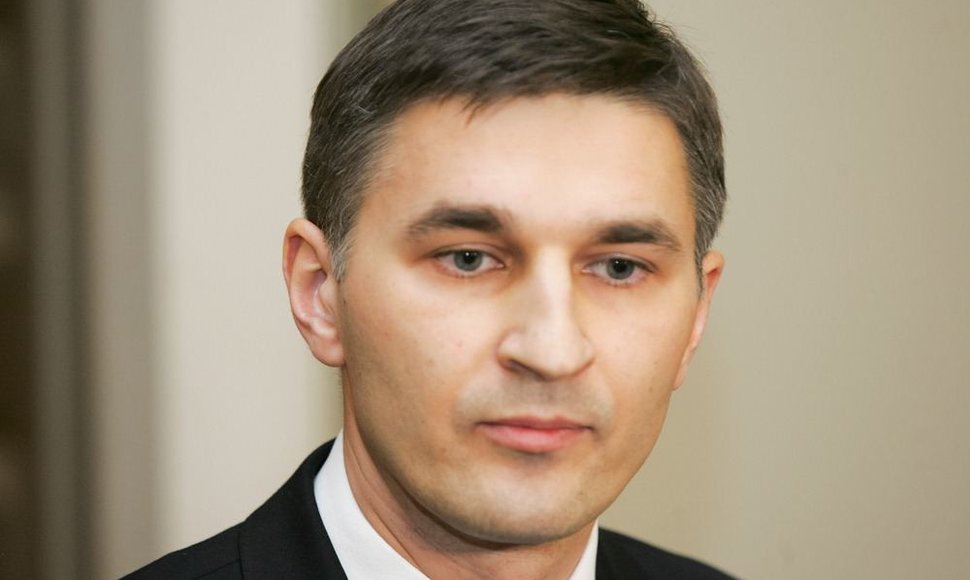"It can't be either nuclear power, or wind and solar power. I think that a reasonable solution should be some sort of scenario that would find a balance between these interests and, first of all, that of ensuring an independent energy system," he said during the Lietuva Tiesiogiai (Lithuania Live) program on Lietuvos Ryto TV on Monday evening.
Neverovič says that he will seek that a working group in charge of updating Lithuania's energy strategy should formulate such provisions and objectives that could be supported by more political forces.
According to Neverovič, the Electoral Action of Poles, the party that delegated him to the ministerial post, is not against nuclear energy in principle, but, like the Social Democratic Party, opposes the Visaginas project worked out by the former government of Andrius Kubilius.
However, the minister said that he cannot rule out the possibility of the Visaginas project being continued.
"If we ensure a competitive price and if we ensure that it is the best, modern, and the safest possible solution, and if we add the fact that the project is a regional one - other states are making actual investments in our state and (...) the project is backed by the European Commission - then I think that we do need to give this project very serious consideration and explain why this is being done. This is because we are dependent, 60 percent of energy comes from outside," he said.
Prime Minister Algirdas Butkevičius said last Friday that Lithuania's new government would make its position on the nuclear power plant known to regional partners in March. The new government is forming a working group to revise Lithuania's energy independence strategy and expects to say, within about two months, what option or model Lithuania will choose.
Butkevičius' Social Democratic Party has criticized the previous center-right government's project of building a new 1,350-megawatt nuclear power plant by 2020 to 2022 together with Baltic energy companies and Japan's Hitachi.
The majority of Lithuanian voters did not back the project in a non-binding referendum that was held in tandem with general elections on 14 October. Some 34.09 percent of those who cast ballots said "yes" to building a nuclear power plant and 62.68 percent said "no". The voter turnout was 52.58 percent.












